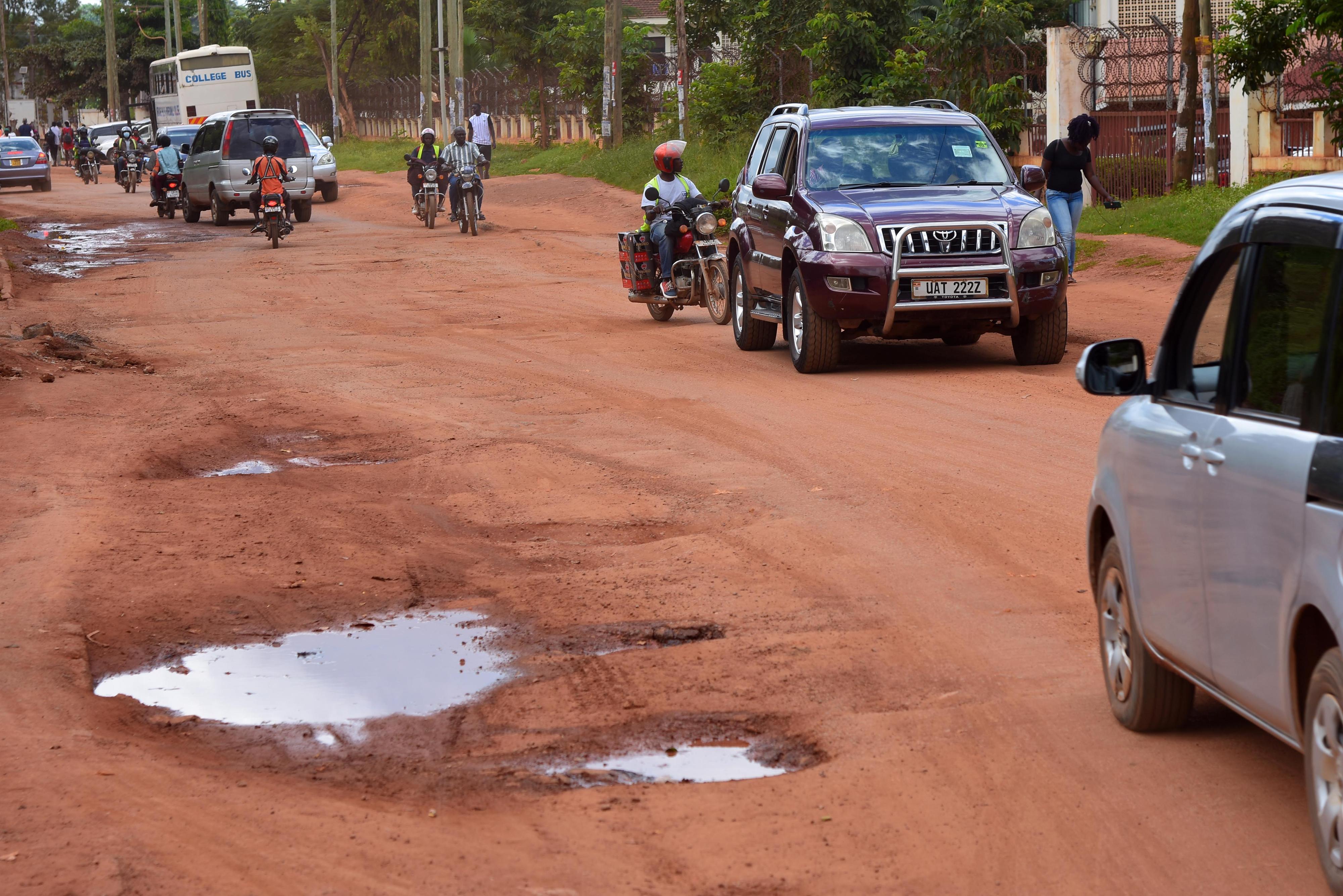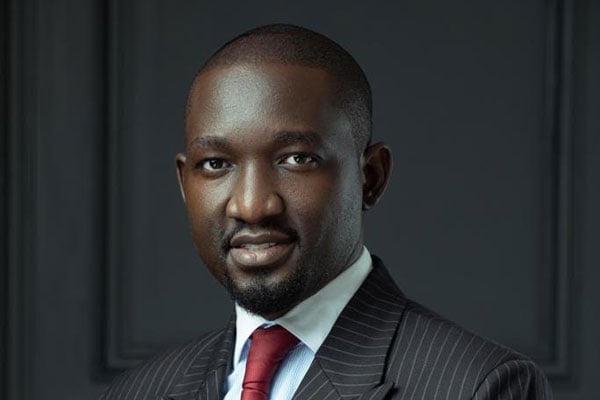Govt urged to build good infrastructure to reap from AfCFTA

Motorists drive on a pot-holed road in Nakawa Division, Kampala, in April. There is concern that failure to raise enough money to fund the budget will compromise infrastructure development. PHOTO/FRANK BAGUMA
What you need to know:
AfCFTA is the flagship project of Agenda 2063 aimed at creating a single African market for goods and services. AfCFTA's overall mandate is to create a single continental market with a population of about 1.3 billion people (and still counting) and a combined GDP of approximately US$ 3.4 trillion
Government has been urged to build efficient infrastructure like roads, railways, and water transport systems to reap the benefits of the African Continental Free Trade Area (AfCFTA).
AfCFTA is the flagship project of Agenda 2063 aimed at creating a single African market for goods and services. AfCFTA's overall mandate is to create a single continental market with a population of about 1.3 billion people (and still counting) and a combined GDP of approximately US$ 3.4 trillion.
This call was sounded by Engineer Francis Tusubira patron of the Uganda Institute of Professional Engineers (UIPE) while addressing the media ahead of their upcoming national technology conference and exhibition.
“If the country invests in high-quality infrastructure, there will be enormous benefits as many goods and services will pass through it and also demand locally manufactured goods,” he said.
According to him, there will be demand for a local labour force as professionals like engineers will be in high demand in other countries as trade barriers are not there.
As part of its mandate, the AfCFTA eliminates trade barriers and boosts intra-African trade. In particular, it is to advance trade in value-added production across all service sectors of the African economy.
Engineer Andrew Muhwezi president of UIPE said the country needs to harness its engineering capacity to ensure strategic domestic engineering goods and services from Uganda are available to the wider African market.
“The country needs to put in place effective policies framed to realize its aspirations at strategic, tactical, and operational levels. This will enhance the country’s capacity to deliver high-value engineering goods and services to the trade eco-system,” he said.
He said at this year’s event, the engineers will hold discussions under the different subthemes on how engineering can be leveraged to enhance Uganda’s value proposition to the AfCFTA trade eco-system. This will enable the availability of strategic engineering goods and services.
Mr Muhwezi noted that there should be capacity building through innovations, industrialization, agro-processing, engineering standards, and multi-lateral infrastructure.
Others are mineral exploration and processing, environmental protection and climate change mitigation, digital transformation, transboundary engineering systems, engineering labour mobility, supply chain capability enhancements, and procurement of engineering professional services and works.
He added that while a lot is already being done at the political level to negotiate policies (software) that unlock AfCFTA potential, it is important that preparedness at a tactical and operational level (hardware) is enhanced to ensure the opportunities that come with a wider intra-African market are maximized to improve the country’s balance of trade position, enhance GDP per capita to 5-digit levels and ultimately propel sustainably the country to a middle-income status.




